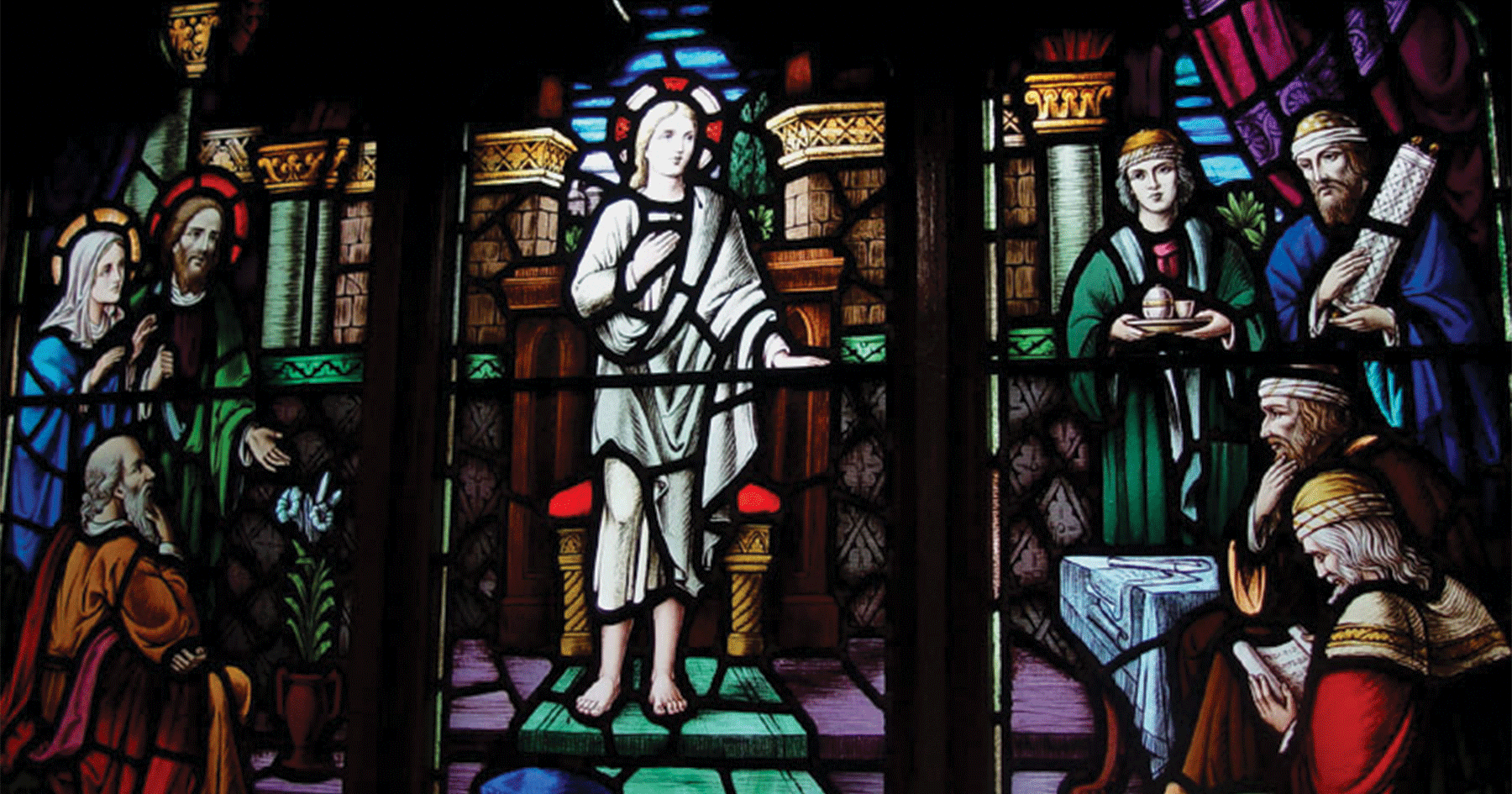Finally, we must ask what kind of a relationship is possible between this dialogical witness and academic study. Can believers be fair and accurate observers, of their own faith groups or of their neighbours of other faiths?
Can individuals engage in practical intercommunal activities validly claim to analyze these or similar efforts with any degree of scientific integrity?
Experience strongly endorses an affirmative reply to these questions. To be sure, any research about social phenomena like politics or religion necessarily involves a different approach from entomology or botany, but even in these purportedly pure sciences there are occasional temptations to bias especially when commercial interests or academic reputations are at risk.
We can even argue that rigorous scholarship is a logical concomitant to the honest witness and candid dialogue we have been describing. Christians, and Jews, understand that false testimony is a serious deviation from their standards of behaviour, and therefore of dialogue, and other believers have similar moral constraints. In many cases, committed believers from different communities can understand one another’s frames of reference more fully than people with pretensions of impartiality, which are often tinged with secularist prejudice of varying intensity. Cooperative research is indeed the most promising avenue to the resolution of many questions of pragmatic importance to citizens of religiously plural states, and the absence of generally accepted data is one of most serious obstacles to sound social planning in several states of Nigeria and some other territories.
While witness and shahddah have become terms with deep religious significance, they have also maintained their more general connotations of certification or validation. Sincere seekers for truth will respect each other’s faith even as they work together to resolve questions of mutual interest. Of course, there will be temptations to slant or distort findings. But the very Idea of collaboration sets strong incentives to work together honestly, in response to one’s basic moral imperatives as well as one’s finer impulses to contribute usefully. It will also be easier for genuine people of faith to enter joint projects because they will not be tempted to distrust their partners in the absolute fashion of those polemicists who uncharitably insist that all the members of the other group are simply untrustworthy.
All scholarship claims to be honest, and people of faith would seem to have the strongest reasons for doing their research well. Honest work well done is excellent witness, and participation in a multifaith team promises rich rewards in mutual stimulation, in access to a broader audience and in applicability to the public interest. Best of all, this cooperation represents the most engaging and absorbing form. of dialogue.
At the same time, our dialogue and witness will be accessible to study and evaluation that will recognize our successes and propose remedies for our failures. Serious scholarship, respectful witness and open dialogue contribute each to the others in a positive and productive quest for true community.
Give instruction to the wise, and they will become wiser still; teach the righteous and they will gain in learning. The fear of the Lord is the beginning of wisdom and the knowledge of the Holy One is insight. (Pr 9:9f)


